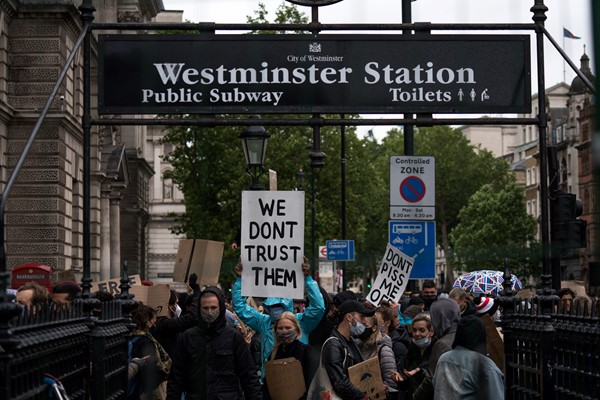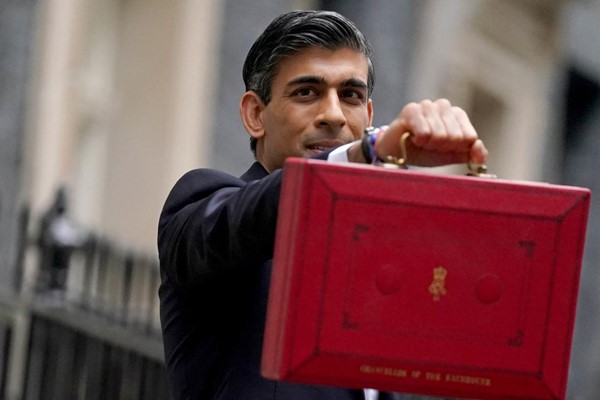David Amess and Jo Cox had very different political careers. Jo was a young mum and a Labour Remainer, who had served in parliament for just a year. Sir David was a veteran MP and Conservative Brexiteer, who had been in parliament for more than half his lifetime. Yet they have much in common.

Both Jo and Sir David were known and loved for their kindness, generosity, and warmth. Both forged friends on all sides of politics. Both were passionate about their causes. Both showed an unwavering commitment to public service, and championed those they were elected to represent.
Both also shared a commitment, not to the bits of being an MP we are most used to seeing — sitting on the green benches, or touring the TV studios — but to dealing face-to-face with the day-to-day struggles of their constituents.
As Jo’s sister Kim Leadbeater MP said on Friday, there’s not a day in the lives of those who loved Jo and Sir David that their loss won’t be felt deeply.
The added dimension of this tragedy is what it means for British democracy and our long, proud tradition of MPs engaging, regularly and freely, with their constituents. More in Common’s regular conversations with Britons across the country underscore the way that personal contact with MPs helps reverse the erosion of trust in our system.
But just when we need our politicians to be more accessible, this feels increasingly dangerous for them to be so. Indeed, in the wake of Jo’s murder Sir David wrote that attacks on MPs and their families had “rather spoilt the great British tradition of the people openly meeting their elected politicians”.
Kim’s admission that her partner had urged her to get out of politics for her own safety is heart-breaking. The increased vitriol and hatred in public life is deterring many from even contemplating that form of public service – not just because of acts of tragic violence, but because of whole culture of contempt that infected public debate.
More in Common was established in the wake of Jo’s murder. There’s a strong evidence base from our recent work that there truly is far more in common than divides us, as Jo said and as the tributes to Sir David attest. Yet the act of one hate-filled individual can undo so much.
As in 2016, there will now be a review of security for MPs. Our MPs deserve to feel safe, and it is of course right that we explore how best to maintain the balance between accessibility and protection (though many MPs will resist measures that erect barriers between them and the public).
But at the same time we must find ways to change the direction of public debate. Ideas can be fiercely contested, and politicians held to account, without resorting to the contempt and derision that pervades so much public debate. We must make every effort to stop giving oxygen to the climate of hate, trolling and threats of violence that is all too familiar to MPs, their staff and families (and indeed to journalists and other public figures). That is vital if public life is to continue attracting people like Sir David and Jo.
This article first appeared in The Times on Monday October 18.


